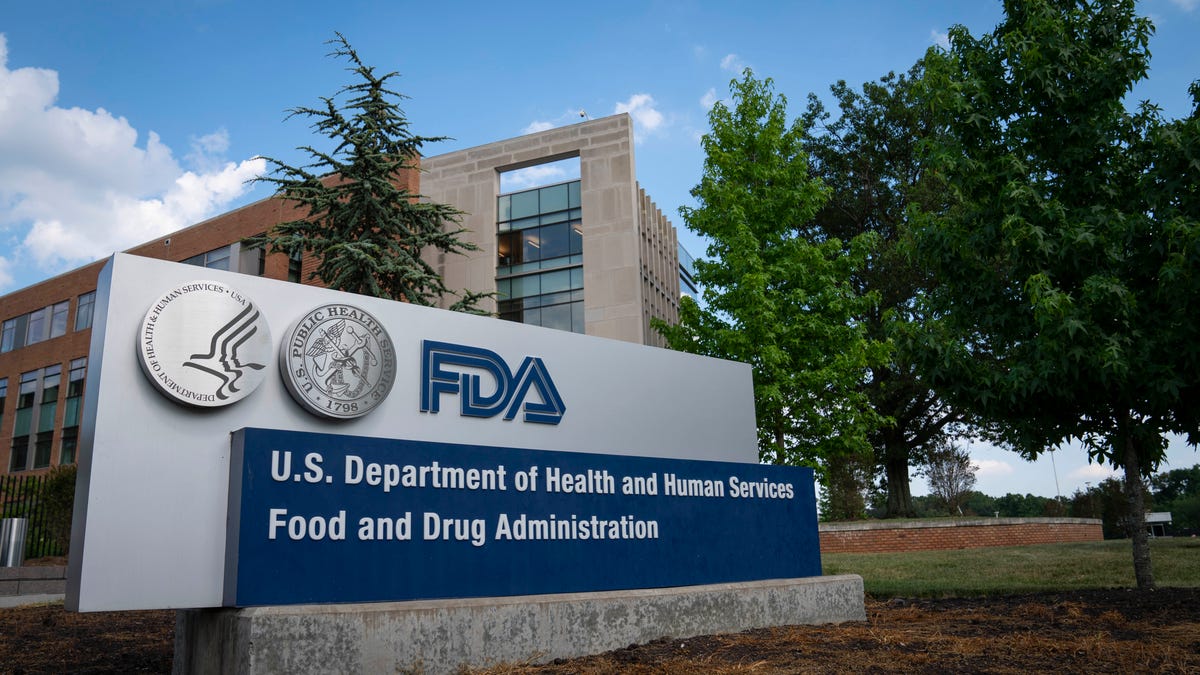FDA Recommends Against MDMA for PTSD Treatment
The Food and Drug Administration has decided not to recommend the use of MDMA, also known as ecstasy or molly, for the treatment of post-traumatic stress disorder (PTSD). This decision was made following a review by the agency’s Psychopharmacologic Drugs Advisory Committee.
The committee was set to evaluate a new drug application from Lykos Therapeutics, a public benefit company, for the use of MDMA capsules in conjunction with therapy to treat PTSD. The committee, comprised of independent experts, discussed the results of several studies, including two late-stage clinical trials conducted by Lykos to assess the safety and efficacy of MDMA-assisted therapy.
During the day-long session, which was streamed online, the committee conducted a non-binding vote to determine if the data presented demonstrated the treatment’s effectiveness and outweighed potential risks to patients. Ultimately, concerns were raised regarding the data and the processes used in the clinical trials.
Lykos’s Approach to MDMA Therapy
CEO of Lykos, Amy Emerson, highlighted the significance of the meeting, stating that it was the first time in 25 years that an FDA advisory committee had reviewed a potential new PTSD treatment. She explained that the therapy involved patients receiving MDMA capsules along with talk therapy in three eight-hour sessions spread over four weeks, all overseen by two specially-trained therapists.
Results from the latest trial showed that 71% of participants who received MDMA-assisted therapy no longer met the criteria for PTSD after 18 weeks, compared to 48% of those who received a placebo.
In briefing papers released before the committee meeting, FDA scientists acknowledged the rapid and durable improvement in PTSD symptoms observed in participants. However, they noted challenges in interpreting the data due to the nature of the treatment.
The Future of Psychoplastogens
MDMA falls under a class of medications known as psychoplastogens, which have the potential to physically rebuild critical neurons in the brain. David Olson, director of the University of California-Davis Institute for Psychedelics and Neurotherapeutics, explained that these compounds offer rapid and sustainable effects that can address the underlying causes of neuropsychiatric disorders.
In 2019, the FDA approved a nasal spray containing a variation of ketamine, another psychoplastogen, for the treatment of treatment-resistant depression. Olson highlighted that even if Lykos’s application is not approved, the interest in using psychedelics to treat mental disorders will persist, with ongoing research into developing safer alternatives.
Image/Photo credit: source url





